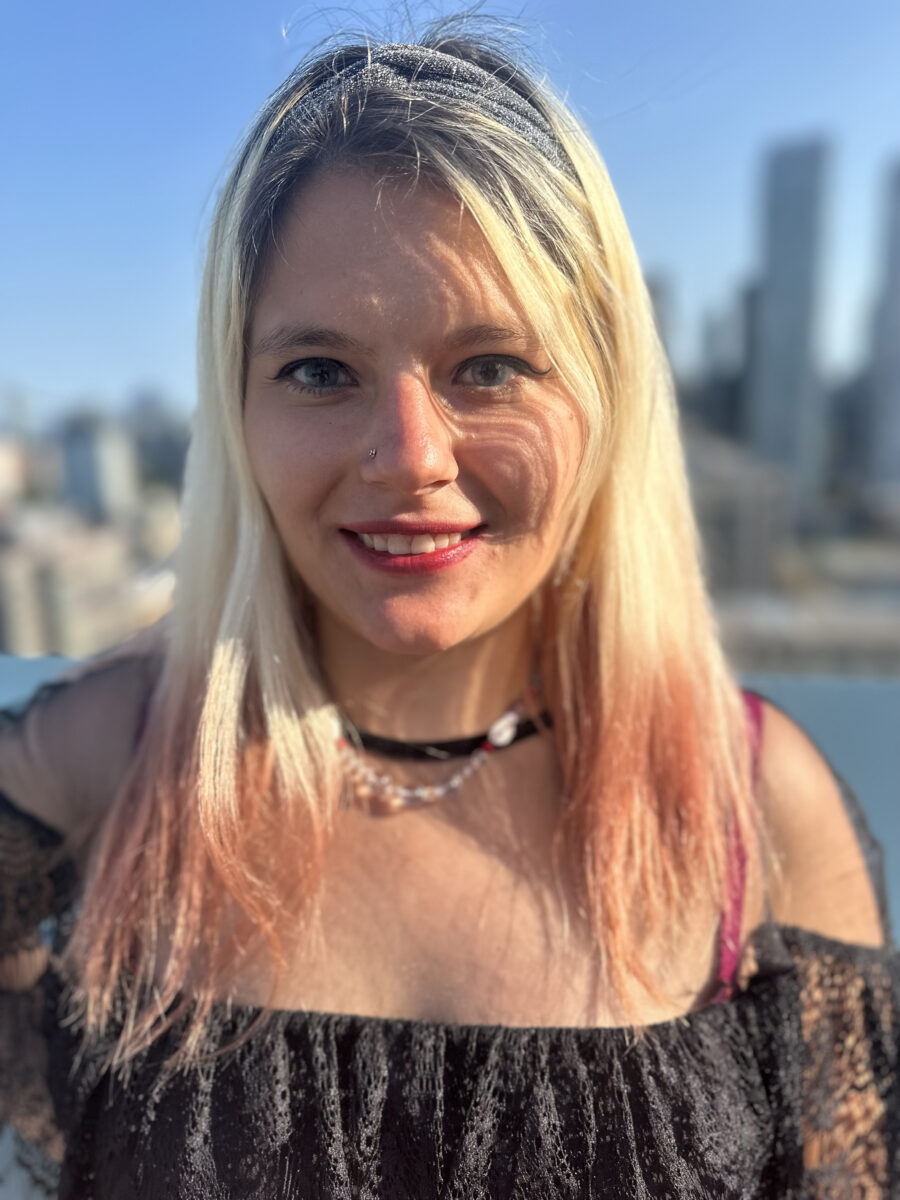As a young child, Natela Wasilenco remembers having a unique obsession with skeleton toys, baby dolls and medical texts including her mother’s parenting books. Growing up in Ukraine, she recalls how her grandmother recognized this early interest in health care, and encouraged her passion by buying her more of these texts and magazines and sharing with her a limited knowledge of nursing.
“My grandmother had some college level knowledge of nursing, and she instilled in me from an early age the impact that health care and prevention of diseases can have on your life,” says Wasilenco.
This September, Wasilenco, the first person in her family to get a university education, joins an incoming cohort of close to 240 Bachelor of Science in Nursing students at the Lawrence Bloomberg Faculty of Nursing who have set their sights on joining the nursing profession through the completion of an accelerated two-year nursing program.
Though Wasilenco has always been interested in health, she felt a sense of fear at being responsible for someone else’s life and wellbeing. She decided to start her university career focusing on science journalism instead. However, during her studies, two very significant events occurred that have shaped her decision to become a nurse – the COVID19 pandemic, and the war in Ukraine.
“The pandemic really shifted my perspective in life. I went back to Ukraine to help look after my grandmother. It was hard, trying to finish my degree juggling caregiving and being in a different time zone, and then the war started,” says Wasilenco.
In addition to these harrowing experiences, Wasilenco ruminated on the experience of her grandmother seeking healthcare. She recognized that her grandmother’s complaints of pain over the course of three years were shrugged off by health care providers, and it was only during the pandemic that Wasilenco and her mother sought help from a private clinic. In the end she says there wasn’t much they could do, and sadly her grandmother passed away.
Once the war started, Wasilenco applied to the Canada-Ukraine Authorization for Emergency Travel or CAUET, which enabled her to apply to Bloomberg Nursing’s BScN program. The CAUET was introduced as part of the Government of Canada’s response to helping thousands of Ukrainian nationals find safety in Canada.
“I’m really grateful for the CAUET as it allowed me to achieve my goal of attending U of T and helped ease the financial burden on my family, especially as a result of the war,” says Wasilenco.
Once back in Toronto, Wasilenco wasted no time preparing her for future nursing career. She has been volunteering at Humber River Hospital, and is eager to get started on her upcoming clinical placements in the BScN program which take place in the first semester. She also credits her previous experience working as an administrator in a primarily Japanese speaking pediatric clinic as influential to her abilities to communicate with patients as a future nurse.
“Nurses are uniquely positioned to ensure a patient is receiving the best care possible, and after witnessing my grandmother’s health deterioration and lack of treatment, I plan to make it my mission to advocate for patients and support their families while they are in care,” says Wasilenco.
As for her future, Wasilenco hopes to realize her career goal of becoming a travel NICU nurse, and sees herself perhaps returning to Ukraine to work for the Red Cross. She also hopes to be able to give back to her mother, whom she credits with supporting her and letting her make a choice for herself about her future career journey.
“My mother has been incredibly supportive of my decision to pursue nursing and has helped me get through some of these difficult moments in my life,” says Wasilenco. “I know that she doesn’t want me to return to Ukraine just yet, for fear of the bombs, but in addition to working as a nurse, I also hope to be able to go back and leave flowers on my grandmother’s grave.”
